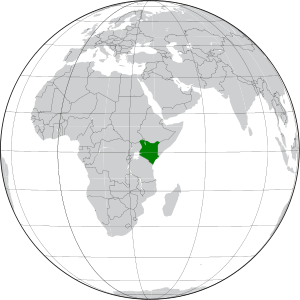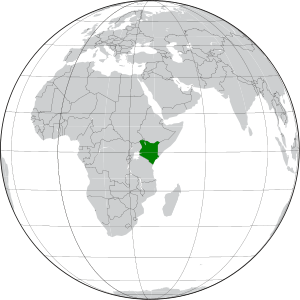 Kenya is mulling over new university guidelines that will require masters students to publish at least one article in a refereed journal before being eligible to graduate. The proposal, crafted by the Commission for University Education or CUE, the country’s higher education regulator, is envisioned to push up the level of research in universities and the quality of graduates.
Kenya is mulling over new university guidelines that will require masters students to publish at least one article in a refereed journal before being eligible to graduate. The proposal, crafted by the Commission for University Education or CUE, the country’s higher education regulator, is envisioned to push up the level of research in universities and the quality of graduates.
The proposed changes to masters degree requirements are the latest in a series of guidelines from the Ministry of Education, which has tightened the noose on masters students and lecturers. In the past year masters students have been slapped with other regulatory requirements, the most recent being that they complete their course in two years. Previously, masters students were not required to publish research in refereed journals and could take as long as five years to complete. Furthermore, those who seek a career in academia will only become eligible for a full lectureship after obtaining a doctorate.
The new draft guidelines have sharply divided opinion in academia. Proponents argue that the move will create a new crop of accomplished researchers and improve the quality of research since the papers will be subject to peer review. Opponents of the guidelines believe Kenya is setting the standard for a masters far too high – the move could discourage thousands of potential researchers from pursuing the degrees.
In the past five years, Kenya has seen a rapid rise in masters enrolments, as professionals seek extra qualifications to improve their career opportunities. At the same time, the country has been struggling to match rising enrolments with teaching staff. The number of professors in public universities has risen by a measly 11% in three years while student numbers have soared by 56% over the past five years.

